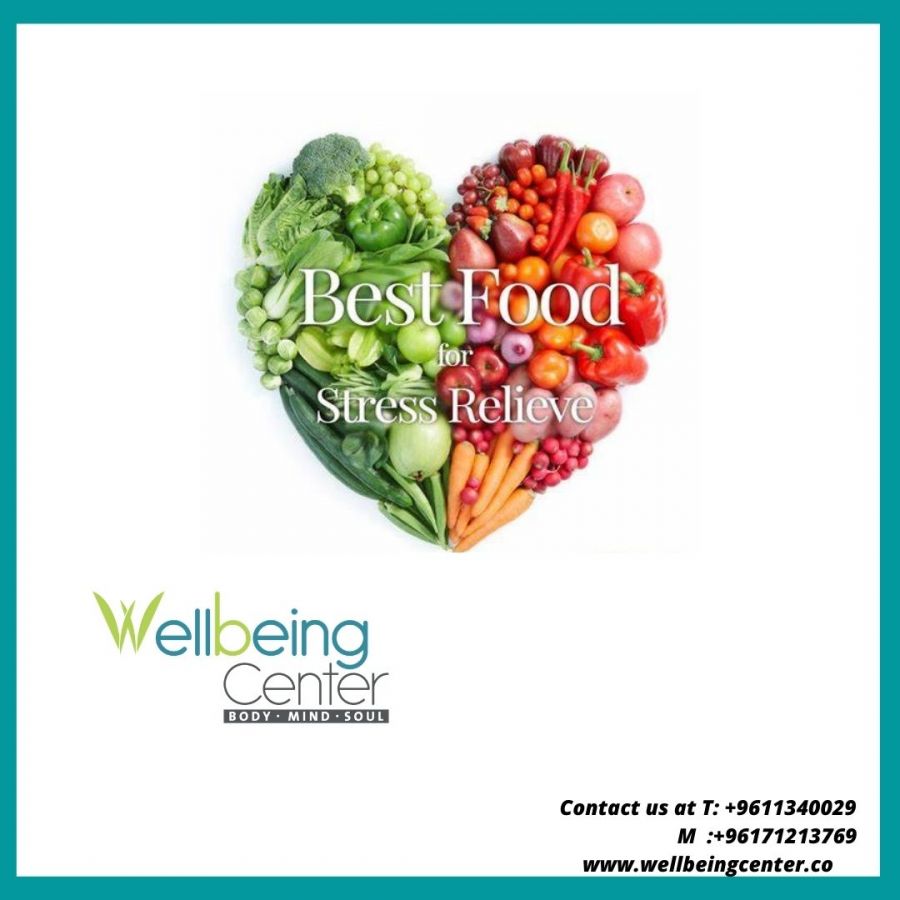Food and stress reduction

Here are five types of foods you can eat to help reduce stress and anxiety:
1.Omega-3 fatty acids: Studies have shown that consuming omega-3 fatty acids, a type of polyunsaturated fat that's responsible for building brain cells, can reduce symptoms of anxiety.
Experts believe that omega-3's have an anti-inflammatory effect on the brain. Another bonus of eating more omega-3's? Better sleep. Anxiety and sleep issues such as insomnia are often linked.
What to eat: Oily fish, such as salmon and tuna, is a great source of omega-3 fatty acids, Naidoo says. For people who eat a plant-based diet, omega-3 fatty acids can be found in flaxseeds, chia seeds, pumpkin seeds as well as walnuts.
Spice: Spices don't just add flavor to your foods, some also have antioxidant and inflammatory properties that can help your brain and mood.
2.Turmeric, for example, contains an ingredient called curcumin, which studies suggest can reduce depressive symptoms.
What to eat: You would have to consume a lot of turmeric to reap the benefits of curcumin. Add a teaspoon or two to a few meals that you make throughout your day. For example, turmeric can easily be added in smoothies, teas, soups and salad dressings.
3.Dietary fiber: Dietary fiber is important because it adds bulk to your diet, keeps you full and aids in digestion. In studies, high-fiber diets have been linked to reduced risk of anxiety, stress and depression. Fiber can essentially calm down brain inflammation, which tends to be high in people with anxiety.
What to eat: Many fruits and vegetables, such as pears, apples, bananas, broccoli, baked potatoes and Brussels sprouts are high in fiber. Legumes, such as beans, lentils and chickpeas, and grains like oatmeal and brown rice are also great sources of dietary fiber.
4.Fermented foods: Research has shown that there's a relationship between your gut health and your brain health. Prebiotic and probiotic foods can help balance and nourish your gut bacteria, suppressing your stress response and reducing anxiety.
What to eat: Instead of taking a supplement, prebiotics and probiotics can be obtained through food. Examples include fermented foods like plain yogurt with live and active cultures, kimchi, kombucha, miso and apple cider vinegar.
5.Vitamin D: In studies, vitamin D deficiency has been linked to anxiety, depression and decreased cognitive functioning. When vitamin D crosses the blood-brain barrier, it provides a few roles, including decreasing inflammation and protecting neurons.
What to eat: Many people associate vitamin D with sun exposure, but plenty of healthy foods you're probably already eating contain vitamin D, such as fortified milk, egg yolks, salmon and mushrooms, she says.
